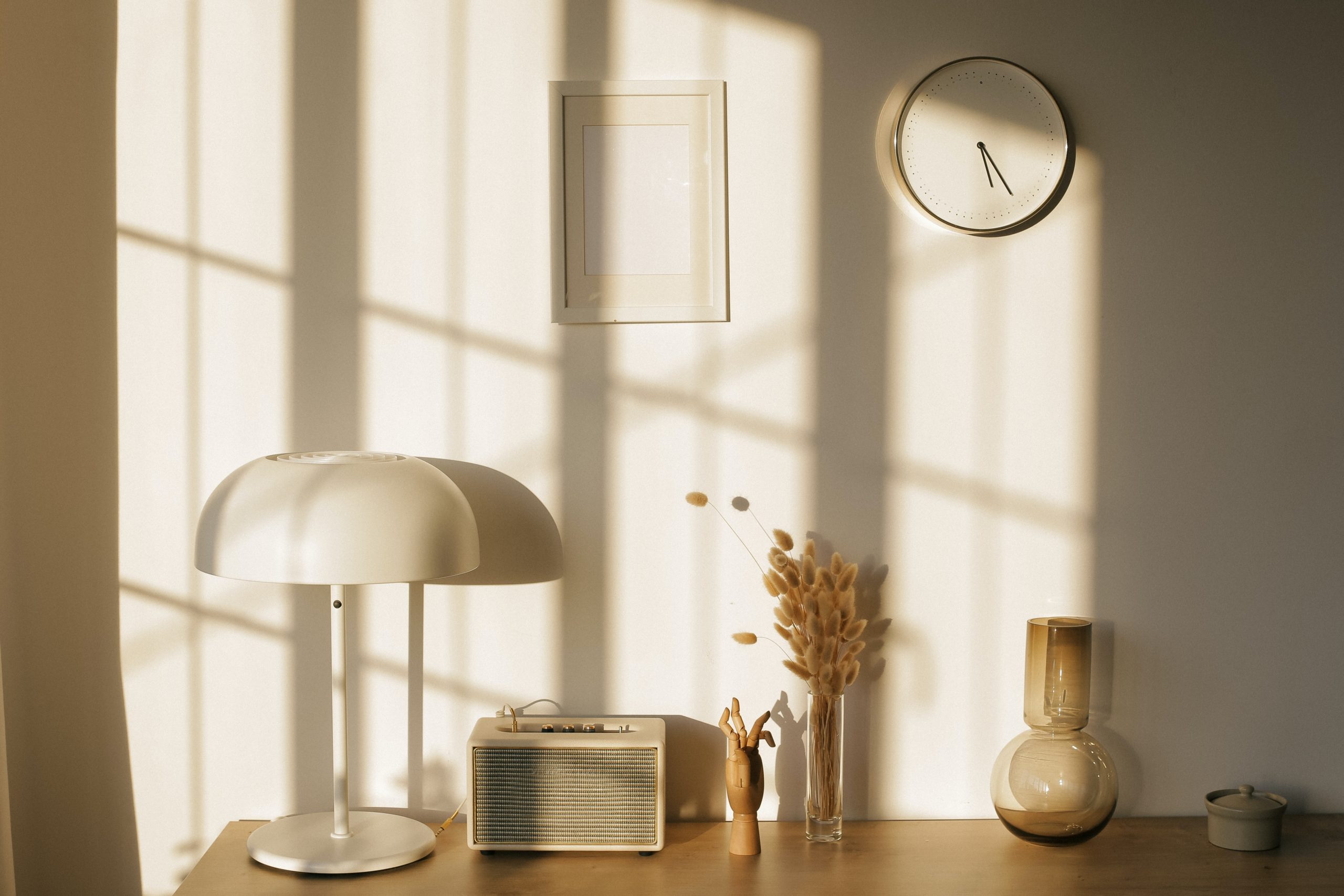Commercial drywall is a material commonly used in large buildings. A typical sheet of commercial drywall is four ft. by eight ft. and weighs around 57 pounds. Because it can be easily transported, this material is popular for commercial projects. Thinner sheets are also available and are ideal for curved walls and placing over existing surfaces. The downside to these drywall sheets is that they are cumbersome.
Commercial drywall is available in two types: level one and level two. Level one drywall is used in areas with light textures and paints, while level two is used in regions that will have heavy traffic and are not open to the public. While level one drywall costs a few dollars less than level two, it does not include joint tape and is not ideal for areas with enamel paints.
Commercial drywall is a construction material used to create unique walls, ceilings, and other retail space features. This material is also easy to install and comes in various sizes, making it an ideal material for multiple projects. Make sure to choose the correct size sheet to ensure a proper installation.
When repairing or installing commercial drywall, it is essential to ensure uniformity in the finish. The highest level of finish is level four and should be consistent throughout the entire building. Inconsistencies in the finish of drywall are easily noticeable in the light. Lower finish levels are typically used in less-visible areas like storage rooms and utility closets.
Gypsum is a naturally occurring mineral that is abundant and safe for the environment. Gypsum is mixed with other materials to form a slurry. It is then sandwiched between two layers of paper. Depending on the type of paper used, there are different types of drywall. They include regular drywall, soundboard drywall, and impact-resistant drywall.
A talented commercial drywall installation team can make a space look beautiful. Even if a building’s framing is imperfect, a skilled commercial drywall team can make up for it with the proper drywalling and mudding techniques. A professional team will enhance the beauty of a space through a smooth and high-quality finish. However, if the drywall is poorly installed, it will lessen the value of the building.
Besides being lightweight, commercial drywall is fire-resistant. Its construction makes it more fire-resistant than regular gypsum. Its thickness is usually half an inch, which makes it easy to hang. However, thicker varieties are available for areas that need more protection. A 5/8-inch-thick layer of drywall is ideal for ceilings and helps prevent sagging.
